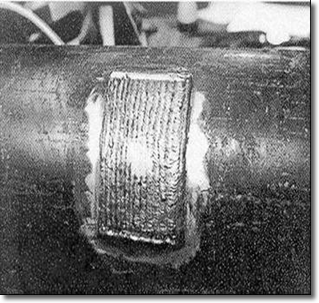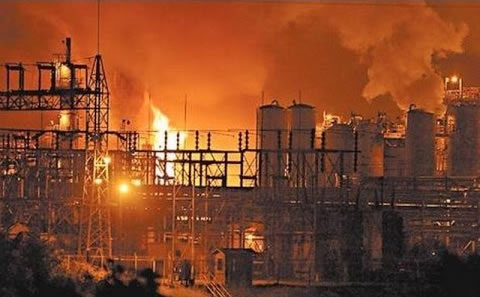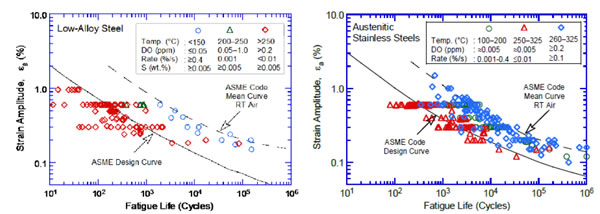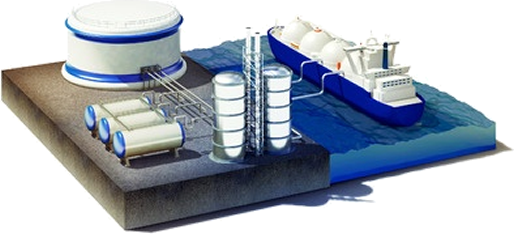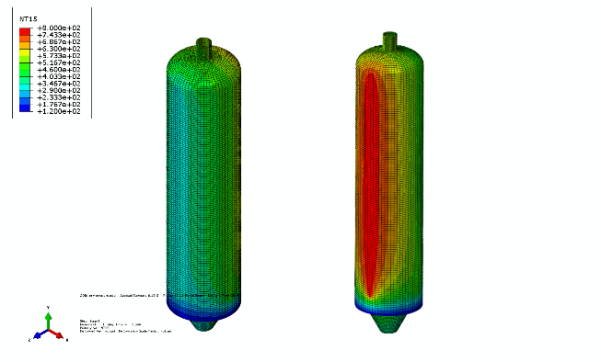
Statistical Analysis of Non-Destructive Examination Data
In 2008, Becht Engineering was awarded a project by the Materials Technology Institute (MTI) to develop an inspection guideline document and software tool for the collection and analysis of inspection data for piping, piping components and pressure vessels. Dr. Eileen Chant , as project manager, collaborated with Bob Sims of Becht, Dr. Mark Stone of […]


